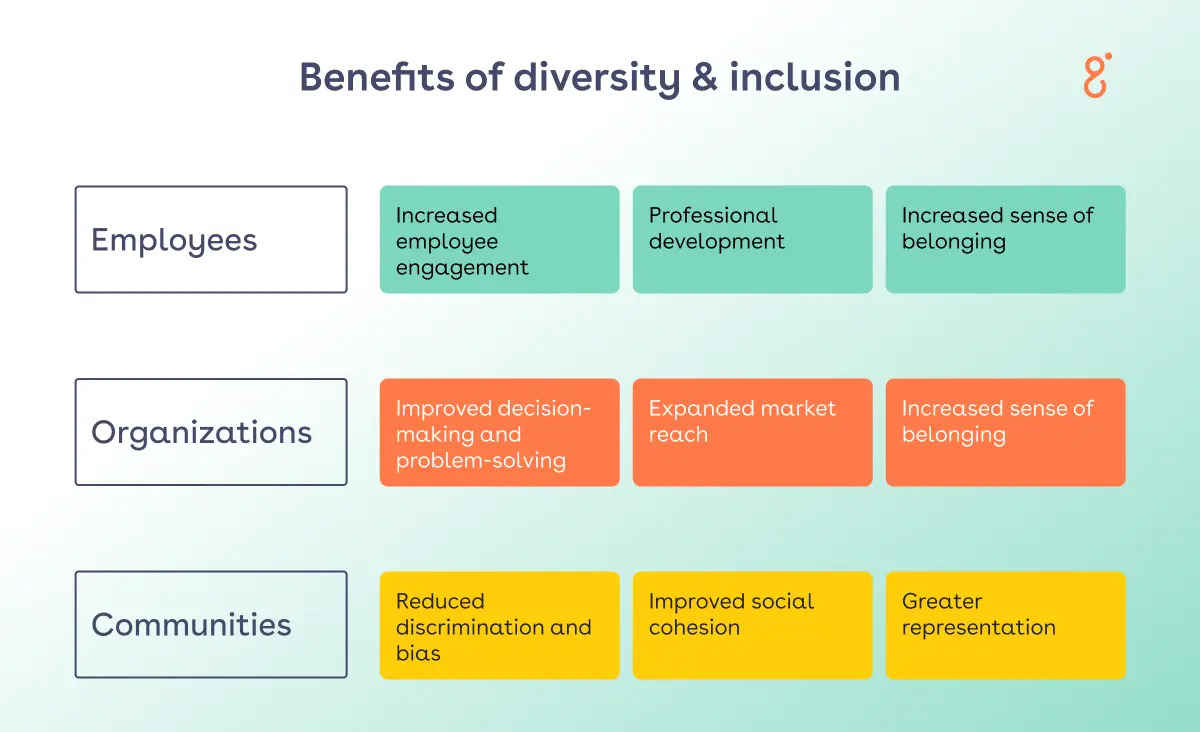
Let's delve into the reasons why real estate maintains its position as a ruler among top business categories and why it's a lucrative field for investors and entrepreneurs.
In the dynamic landscape of business, where industries rise and fall, real estate has stood the test of time as one of the most formidable and enduring sectors. From towering skyscrapers to charming suburban homes, real estate encompasses a vast spectrum of properties, making it a dominant force in the business world.
In this blog, we'll delve into the reasons why real estate maintains its position as a ruler among top business categories and why it's a lucrative field for investors and entrepreneurs.
1. Tangible Assets and Wealth Preservation
Real estate offers the allure of tangible assets. Unlike stocks or bonds, which can fluctuate wildly in value, property ownership provides stability and a sense of security. It's a tangible investment you can see and touch, which makes it a preferred choice for individuals seeking wealth preservation. Moreover, real estate tends to appreciate over time as a hedge against inflation.
2. Steady Rental Income
For investors, rental income from properties can provide a steady and often passive stream of revenue. Residential and commercial properties offer the opportunity to earn rental income consistently, helping investors diversify their income sources.
3. Portfolio Diversification
Real estate serves as an essential component of a diversified investment portfolio. Including real estate in your investment strategy can help spread risk, ensuring that you're not solely dependent on one asset class. This diversification can provide stability in times of economic uncertainty.
4. Long-Term Capital Appreciation
Historically, real estate has demonstrated long-term capital appreciation. Properties in prime locations tend to increase in value over the years, allowing investors to build wealth gradually. This aspect is especially attractive for those looking at real estate as a long-term investment.
5. Job Creation and Economic Growth
The real estate industry plays a pivotal role in job creation and economic growth. From construction workers to real estate channel partners, property managers, and mortgage brokers, it offers a wide range of employment opportunities. Moreover, real estate development often stimulates economic activity in the surrounding areas, further contributing to local economies.
6. Innovation and Technology Integration
The real estate industry has embraced technological advancements, making transactions and property management more efficient. Tools like virtual tours, online listings, and digital signatures have transformed the way properties are bought and sold, enhancing the overall customer experience.
7. Global Demand for Real Estate
As economies grow and urbanization continues, the demand for real estate remains strong globally. Emerging markets offer exciting investment opportunities, while established markets provide stability. This global demand ensures that real estate maintains its relevance and profitability.
8. Sustainability and Environmental Focus
There has been a growing emphasis on sustainability and environmentally friendly practices in real estate in recent years. This shift benefits the environment and attracts eco-conscious investors and tenants. Green buildings and sustainable practices are becoming integral parts of the real estate landscape.
In conclusion, real estate continues to reign supreme among top business categories due to its unique combination of stability, income potential, and long-term growth prospects. As an investor or entrepreneur, understanding the enduring appeal of real estate can guide you toward making informed and lucrative decisions.
Whether you're looking for wealth preservation, steady income, or portfolio diversification, real estate remains a powerful contender in the world of business. Invest wisely, and you can leverage the ruler of business categories to build your financial future.
RECOMMENDED FOR YOU
Breaking Barriers: The Inspiring Stories of 7 Women Entrepreneurs Who Defied the Odds to Create Thriving Businesses









